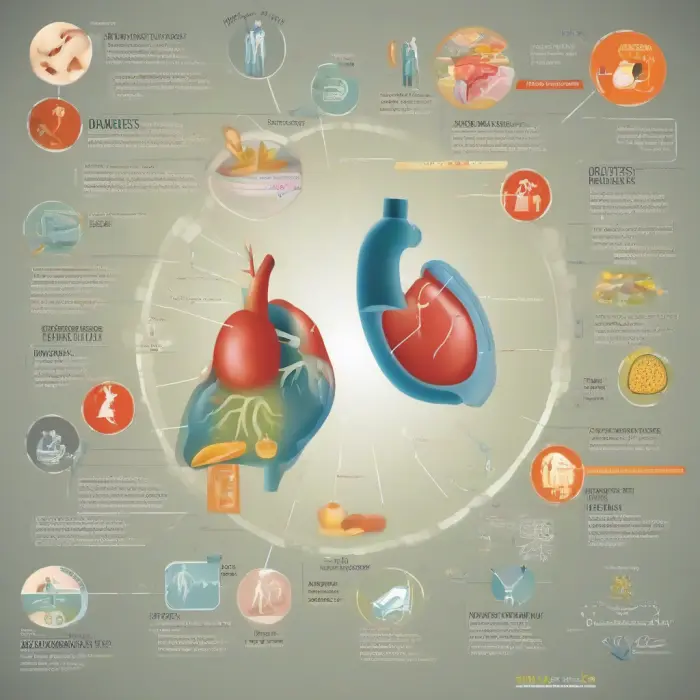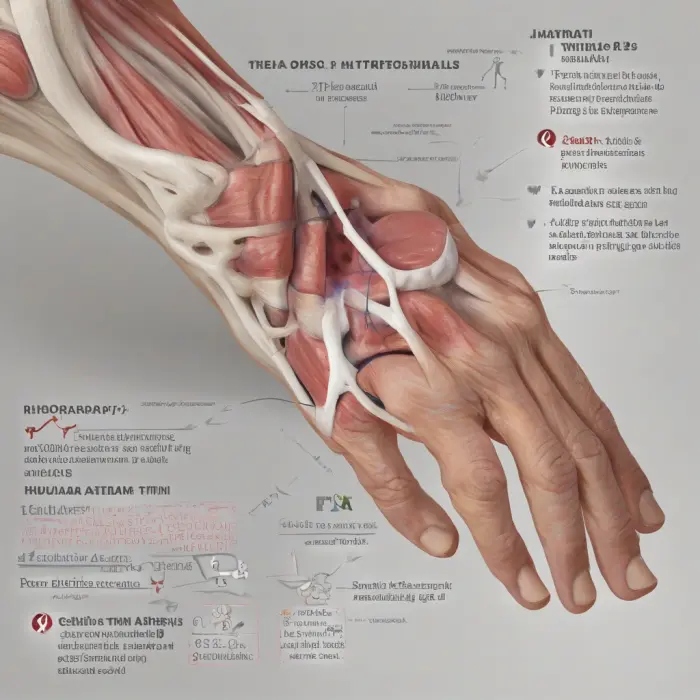The Rise of Artificial Intelligence
Artificial Intelligence (AI) has experienced a significant rise in the past few decades. Initially, it was only a subject of academic research and science fiction. However, from the dot com bubble burst to the rise of digital transformation, AI has become a necessary component in our everyday lives. From personal assistants like Amazon's Alexa, Google Assistant, to recommendation engines on Netflix or e-commerce websites like Amazon, AI proves essential in driving customer engagement.
The Initial Phase
The concept of AI dates back to ancient history, where myths of artificial beings brought to life came about. But AI's actual study started around the mid-20th century. In 1956, a conference at Dartmouth College brought the term AI to light. This period, called the "Golden Age of AI", gave birth to several breakthroughs and optimism about a machine's ability to replicate human intelligence.
AI through the years
In the following decades, AI research focused on methods such as rule-based systems and logic. It experienced its highs and lows, with periods known as AI's 'Winter', mainly due to the failure to meet heightened expectations and reduced funding.
The Recent Surge
In the 21st century, AI has experienced an unprecedented surge. The advent of the internet and the era of Big Data opened new avenues for AI applications. The leveraging of machine learning algorithms alongside the proliferation of huge data sets and improvements in computational power led to significant advancements in AI.
Current Impact
AI is increasingly influencing multiple industries such as healthcare, finance, retail, and energy with its capabilities. It is enhancing productivity, speeding up processes, and enabling more accurate forecasts. The use of AI-powered chatbots in customer service or AI algorithms in predicting health-related issues clearly emphasises AI's significant contributions in recent years.
Conclusion
The rise of AI signals a new era of technology. With continuous research developments and increasing integration of AI applications in various sectors, the future holds vast possibilities. Despite some challenges such as ethical issues and job displacement concerns, the promising benefits of AI are paving the way for a transformative future.










